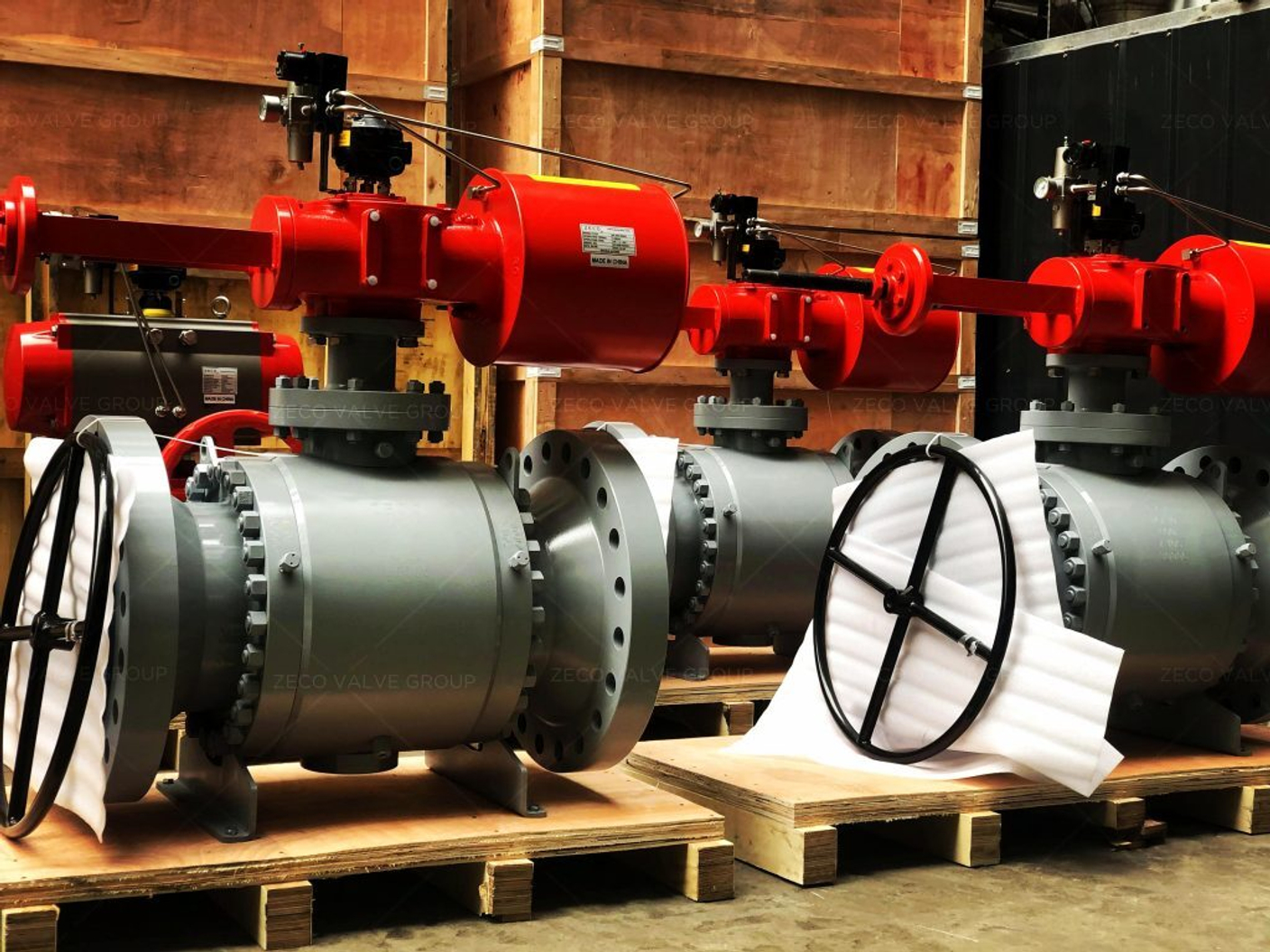Ball valves are a crucial element of modern engineering and industrial systems. Their popularity is due to their reliability, durability, and versatility. In this article, we will discuss the different types of ball valves, their advantages, examples of applications in various industries, and tips for selecting the appropriate model for specific operating conditions.
Types of Ball Valves
Ball valves can be classified based on various criteria, such as construction, material of manufacture, and type of control. Let's consider the main types:
By Construction:
- Full Bore Valves: These provide minimal flow resistance as the diameter of the passage hole matches the diameter of the pipeline.
- Standard Bore Valves: These have a reduced passage hole diameter, leading to increased hydraulic resistance.
- Three-Way Valves: These have three ports and allow flow to switch between two different directions.
By Material of Manufacture:
- Metal Valves: Made from stainless steel, brass, bronze, and other metals, providing high strength and corrosion resistance.
- Plastic Valves: Lightweight and resistant to aggressive chemicals, often used in the chemical and food industries.
By Type of Control:
- Manual Valves: Controlled manually using a handle, suitable for systems with low automation requirements.
- Electric and Pneumatic Valves: Equipped with actuators that allow for automated control and integration into remote control systems.
Advantages of Using Ball Valves:
- High Reliability and Durability: Simple construction and the use of high-quality materials ensure longevity and minimal maintenance.
- Sealing: Ball valves provide a high degree of sealing, minimizing the risk of leaks.
- Ease of Installation and Operation: Easy to install and simple to operate, making them user-friendly.
- Versatility: Suitable for working with various media and can be used in a wide range of industries.
Examples of Applications in Various Industries:
- Oil and Gas Industry: Used for controlling oil and gas flows, ensuring sealing and resistance to high pressures and temperatures.
- Chemical Industry: Applied for working with aggressive chemicals due to their corrosion resistance.
- Food Industry: Made from materials that meet sanitary standards and used for handling food products.
- Water Supply and Sewage: Used in water supply and sewage systems due to their reliability and durability.
Tips for Choosing the Right Model:
- Determine Operating Conditions: Consider pressure, temperature, and the type of working medium.
- Choose the Appropriate Material: For aggressive environments, use stainless steel or plastic; for less demanding conditions, brass or bronze.
- Consider Automation Requirements: For remote control systems, electric or pneumatic actuators are preferred.
- Evaluate Structural Features: Depending on the type of system.
Conclusion
Ball valves are indispensable components in various industrial and engineering systems due to their reliability, sealing, and versatility. The proper selection of a model, considering the operating conditions and requirements of a specific industry, will ensure efficient and long-lasting system operation. We hope this article helps you make an informed choice and find the perfect solution for your needs.


